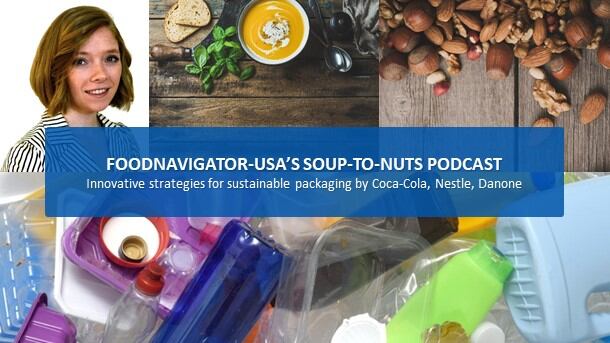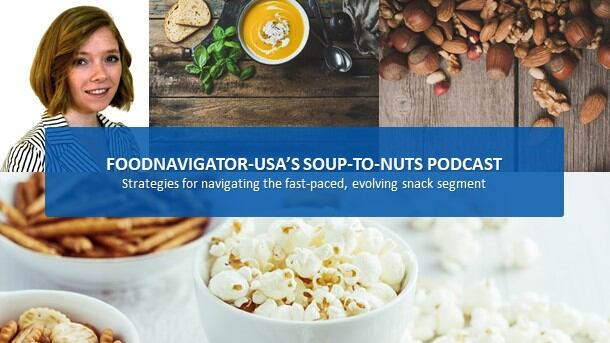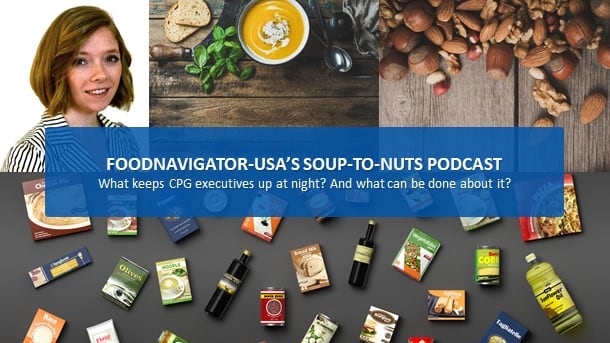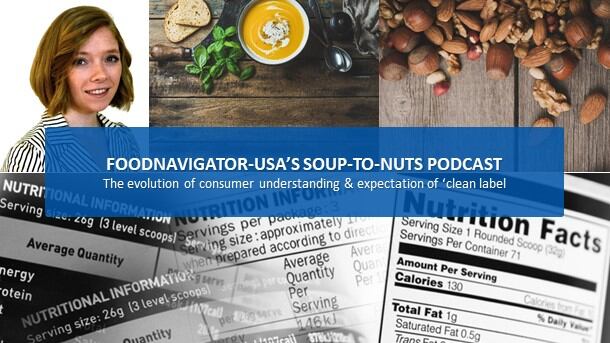According to recent research by the Consumer Brands Association, 88% of the more than 2,000 US adults it surveyed in the fall said they were concerned about the environment. A near equal 87% expressed concern about single-use plastic and packaging waste and 86% agreed that the world is facing a plastic and packaging crisis.
If these numbers sound high, CBA says it is because they are – especially when compared to other key societal issues. The trade group’s research revealed that American’s concern about the environment and plastic waste is far higher than the 45% who expressed concern about fixing the crumbling infrastructure and 40% who noted ensuring access to health care or the 38% you cited reducing the deficit.
While most survey respondents said the federal government needs to take a leadership role to tackle packaging waste, many CPG companies are proactively looking for ways to eliminate single-use packaging and increase packaging sustainability. Indeed, CBA found the top 25 largest CPG companies have committed to increasing recycling, minimizing packaging and reusing material, and 80% are working towards 100% recyclable packaging for all of their products by 2030.
In this episode of FoodNavigator-USA’s Soup-To-Nuts podcast, the technical director of Chicago-based research intelligence company PreScouter’s CPG Practice Daniel Morales shines a light on how some companies are making their packaging more sustainable. These include innovative initiatives by the Coca-Cola Co., Danone, Nestle and others. He also shares how these initiatives are not only helping the planet, but giving brands a competitive edge.
[Editor’s Note: Never miss another episode of FoodNavigator-USA’s Soup-To-Nuts podcast – subscribe on iTunes.]
Why we need a circular economy
Americans have been recycling, or at least sorting aluminum, plastic and paper from trash, for decades, but Morales explains that this is no longer enough and that consumers and companies must work together to create a more circular economy that can more effectively address the rapidly growing environmental threat posed by single-use plastic and packaging.
“We’ve been recycling plastic for a long time, but typically it’s thermal plastics that are relatively easy to recycle because they can be melted down and reused,” but we increasingly need more options, Morales said.
He explained that the most recent push to find new solutions comes partly in response to China’s recent decision to stop accepting America’s recyclable materials for processing – leaving many counties with a an overflow of material that they cannot sufficiently manage.
In the US, the answer to this question is complicated by today’s municipality-by-municipality or county-by-county approach to recycling, which, in addition to being highly fragmented and of varying scope, have limited efficacy.
According to PreScouter, North America’s current recycling infrastruce recovers at most 10% of post-consumer plastics and today’s supply of recycled plastics meets just 6% of real demand. And while these are grim figures, Morales notes the problem opened the door for new players with new solutions to today’s complex plastic recycling – some of which are profiled in PreScouter’s recently released report – Towards a Circular Economy: Zero-Waste Technologies & Initiatives.
The report reveals that while the US is facing a recycling crisis, many innovative startups are stepping forward with solutions and many established CPGs are partnering with them to adopt better packaging options.
Necessity is the mother of invention
Among the companies making strides in creating a circular economy for plastic in a cost effective, industrial way is Ioniqa, which Morales notes recently teamed with Indorama Ventures, Coca-Cola and Mares Circular to make bottles for Coca-Cola that are made from 25% recycled marine plastics that have been retrieved from seas and beaches.
Following a pilot program with Coca-Cola, Indorama invested $25m into a PET recycling company called Green Fiber International, which Morales describes as “promising and very interesting.”
Danone also is tackling the problem of plastic bottles by partnering with the waste & water management company Veolia, which is a key player in the plastic circular economy and has create a more streamlined way to repurpose PET that reduces CO2 gas emissions by 70%.
As part of Danone’s Indonesian brand AQUA’s initiative to reduce 70% of plastic waste output by 2025, and make all of its packaging 100% reusable, compostable and recyclable by 2025, the company also has teamed with Re>Pal Indonesia to convert its water bottle labels from polypropylene plastic into pallets.
Beyond recycling with reusing
Recycling is only one of the three Rs popularized in the ’80s by the environmental movement, with the second being ‘reusing,’ which PreScouter’s report shows is an increasingly popular option among CPG brands trying to improve their sustainability.
“Recycling is an important unit operation of this idea of a circular economy, but recycling requires a lot of inputs,” including retrieval and processing logistics, that are not the same for reusing, Morales said.
He pointed to Nestle’s partnership with TerraCycle to create refillable ice cream containers that eliminate the need for single-use packaging. The only major hitch is encouraging consumers to return the empty containers, which the brand does in part by offering a discount on future purchases.
One of the interesting aspects of this approach is that by offering a discount on future purchases, Hagen-Daz is incentivizing consumers to not only return the used containers, but to also buy the brand again – effectively cutting out the competition.
Earning consumer buy-in
While CPG companies make advances in the circular economy, they can only take the issue so far without help from the consumer, which Morales says is pivotal to long-term success.
He notes that CPG and government must better educate consumers on what they can recycle and reuse, and encourage them to do so rather than drop containers in the trash – or on the ground.
Because there will always be some consumers who will litter rather than recycle or reuse, Morales says industry is considering ways to reduce the impact of plastic bottles in these situations by creating additives for plastic that promote safe and efficient bio-degradation of the plastics out in the environment.
Another option is the creation of bio-based polymers that have the same functionality and performance and characteristics of traditional petrochemical based polymers, but could degrade safely in the environment.
While these options still require fine-turning, Morales said he sees them as “hopefully being ubiquitously utilized in the next five to ten years.”




